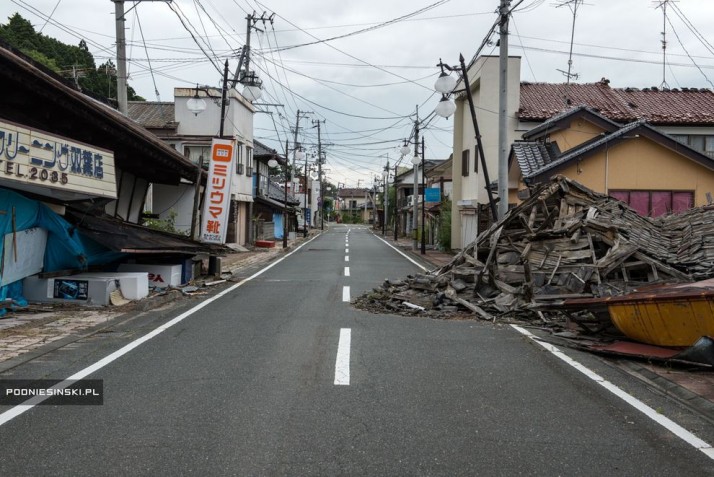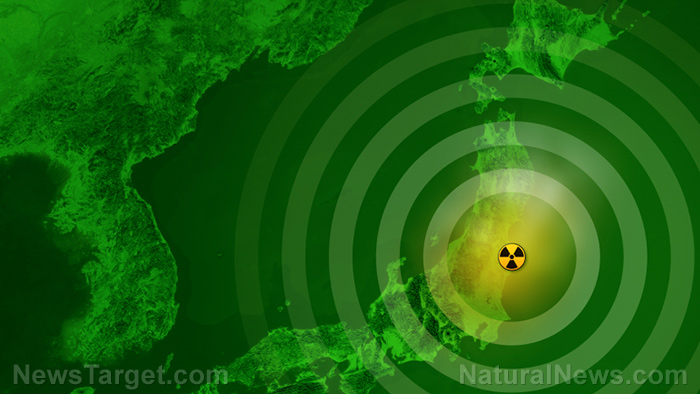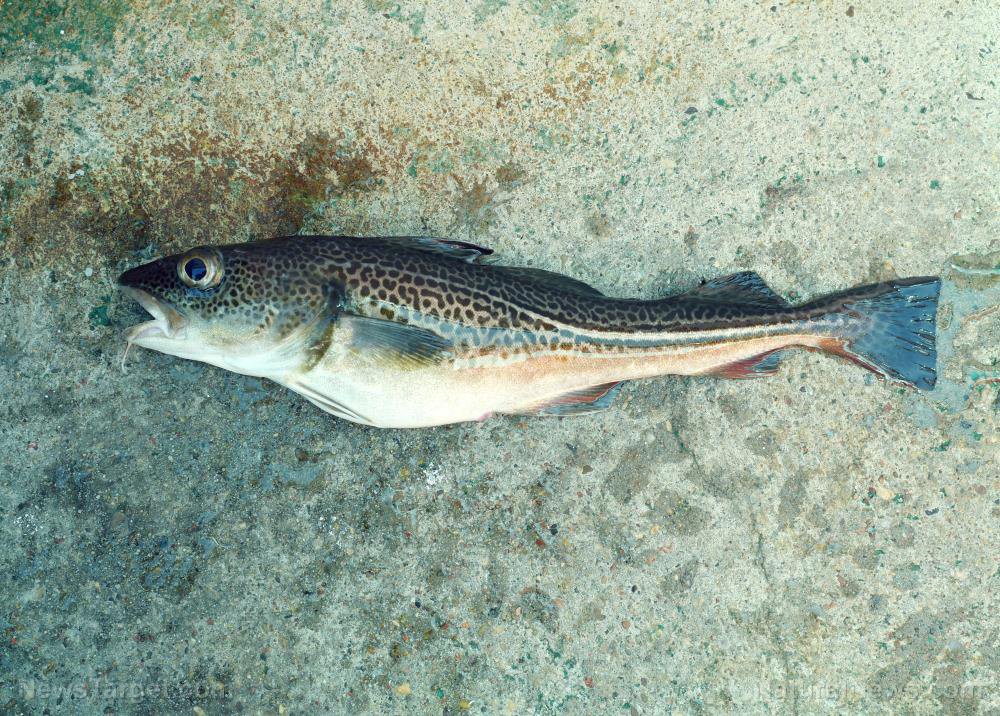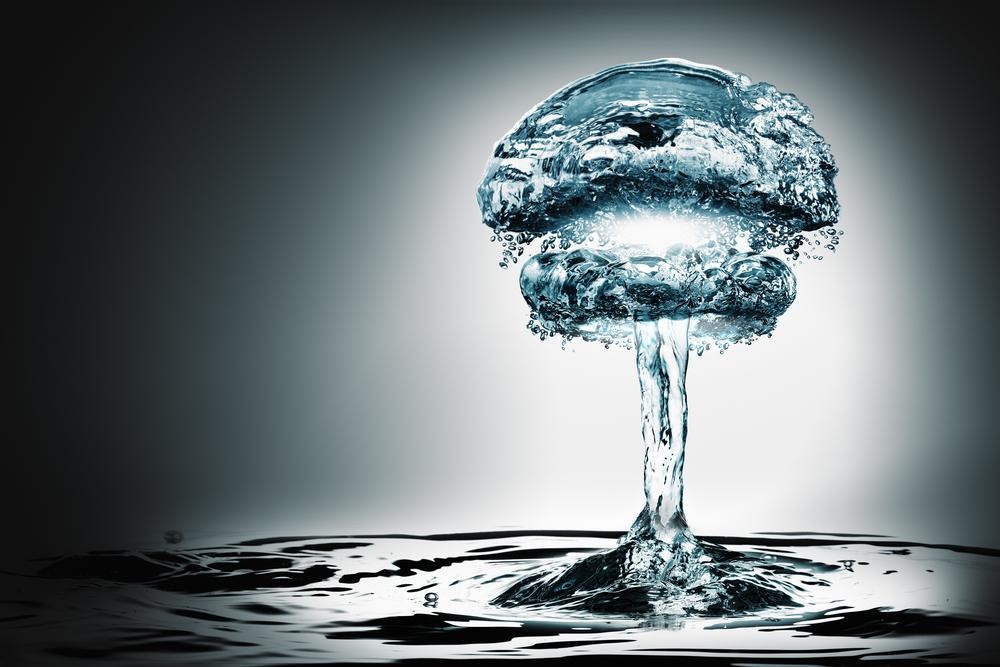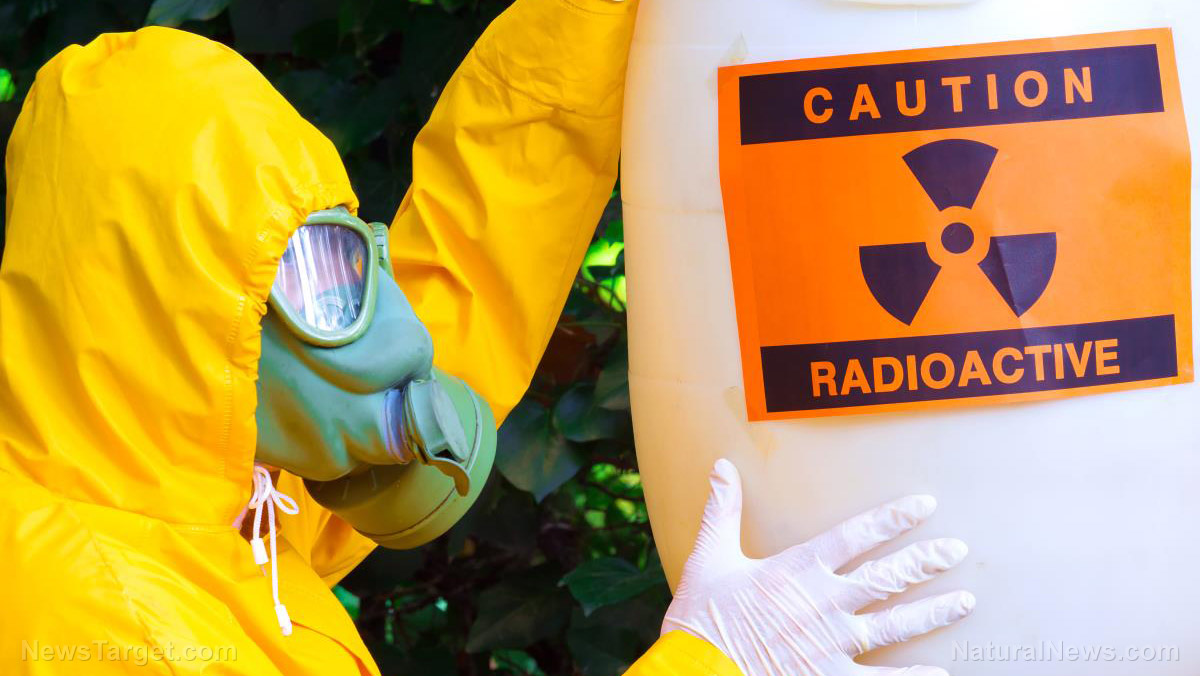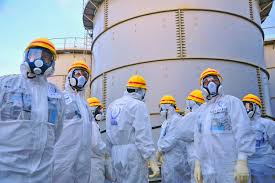Despite dwindling momentum, Koizumi pursues anti-nuclear goals
09/08/2016 / By fukushima
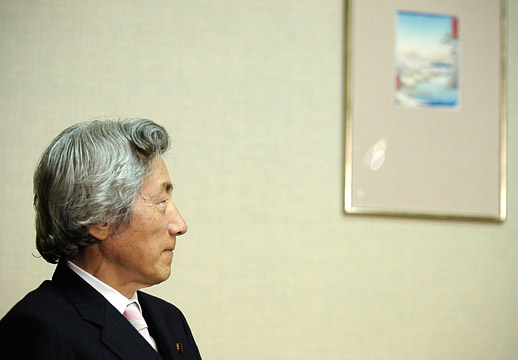
While Japan’s once-charged anti-nuclear movement struggles to retain its momentum five years after the 2011 Fukushima catastrophe, former Prime Minister Junichiro Koizumi remains doggedly determined to attain his goal of ending the country’s reliance on atomic energy.
Article by Ayako Mie
On Wednesday, he renewed his pledge to help ill U.S. veterans whose conditions they claim are linked to the release of radioactive plumes from the Fukushima No. 1 nuclear plant.
Koizumi, who is opposed to Prime Minister Shinzo Abe’s pro-nuclear stance, said it was an “outright lie” when Abe said during Tokyo’s final presentation for the bid to host the 2020 Olympics that the contaminated water situation at the Fukushima No. 1 power plant is under control.
Koizumi also said Japan can be put on a sustainable path without atomic power.
“The nuclear power industry says safety is their top priority, but profit is in fact what comes first,” Koizumi told an audience of more than 180 who had gathered for his news conference at the Foreign Correspondents’ Club of Japan in Tokyo. “Japan can grow if the country relies more renewable energy.”
As part of his anti-nuclear push, the 74-year-old former leader set up a fund in July to help U.S. sailors with conditions such as leukemia that they say was caused by radioactive fallout from Fukushima No. 1. He said the fund has raised about ¥40 million so far, with a goal of topping ¥100 million by next March 31.
In May, Koizumi visited Carlsbad, California, to speak to several veterans with health conditions who had taken part in Operation Tomodachi while aboard the aircraft carrier USS Ronald Reagan.
Those veterans had provided humanitarian assistance and disaster relief to the Tohoku region after quake and tsunami of March 11, 2011, at the request of the Japanese government.
“After talking to the sailors, I thought it would not be enough for me to simply say ‘I’m sorry’ and leave,” Koizumi said, explaining the impetus for setting up the fund.”Words alone would not be enough and I thought that I had to do something.”
Currently, about 400 U.S. veterans are taking part in a class-action lawsuit in California against Tokyo Electric Power Company Holdings Inc., operator of the stricken plant. The lawsuit says that some suffer from leukemia, testicular cancer and thyroid problems, or have experienced rectal and gynecological bleeding.
However, a 2014 report by the U.S. Defense Department determined that there was no causal relationship between radiation exposure during Operation Tomodachi and their illnesses.
Koizumi noted that while expressing sympathy for the veterans, a Foreign Ministry official had even said that there was nothing the Japanese government could do.
“I’m not a doctor, but using common sense one can infer their conditions were caused by radiation, since strong and healthy sailors just don’t find tumors or suffer from conditions like nasal hemorrhages,” Koizumi said.
He was a backer of nuclear power while leader between 2001 and 2006.
But Fukushima changed all that.
After the disaster, he became one of the most outspoken opponents of atomic energy, calling the often-repeated mantra of “clean, safe, cheap” nuclear power a lie.
With the shift, he set up a foundation with former Prime Minister Morihiro Hosokawa in 2014 to call for an immediate phasing out of nuclear power to be replaced with a renewable energy policy.
Yet, Abe’s government sees nuclear energy as a key plank in his bid to export infrastructure and hopes to restart the nation’s reactors so that nuclear can supply 20 to 22 percent of Japan’s electricity by 2030.
Currently, two reactors at the Sendai power plant in Kagoshima Prefecture and one reactor at the Ikata plant in Ehime Prefecture are operating.
On Wednesday a request by Kagoshima Gov. Satoshi Mitazono to suspend power generation at the Sendai plant was snubbed by operator Kyushu Electric Power Co.
Read more at: www.japantimes.co.jp
Submit a correction >>
Tagged Under:
Anti-Nuclear, Fukushima, Japan, Koizumi
This article may contain statements that reflect the opinion of the author
RECENT NEWS & ARTICLES
COPYRIGHT © 2017 FUKUSHIMAWATCH.COM
All content posted on this site is protected under Free Speech. FukushimaWatch.com is not responsible for content written by contributing authors. The information on this site is provided for educational and entertainment purposes only. It is not intended as a substitute for professional advice of any kind. FukushimaWatch.com assumes no responsibility for the use or misuse of this material. All trademarks, registered trademarks and service marks mentioned on this site are the property of their respective owners.

